Search Results
Showing results 1 to 8 of 8
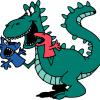
Dinosaur Sock Puppet
Source Institutions
In this activity about dinosaurs, learners first participate in a group discussion about where and when dinosaurs lived, how big they were, and who studies them and how.
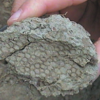
What is a Fossil?
Source Institutions
In this activity about dinosaurs, learners explore how and why fossils form. First, learners are introduced to dinosaur fossils by reading the book "Bones, Bones, Dinosaur Bones" by Byron Barton.
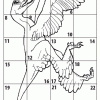
Smaller Than You Think
Source Institutions
Learners compare a life-size drawing of a Tyrannosaurus rex head and a full-size Sinornithosaurus body to understand that dinosaurs varied in size.
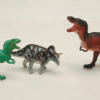
Join the Dinosaur Age
Source Institutions
In this activity, learners rotate through several learning and play stations to explore dinosaurs and paleontologists.
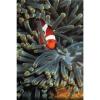
Underwater Hide and Seek
Source Institutions
In this activity, learners experience firsthand how marine animals' adaptive coloration camouflages them from prey.
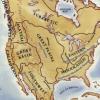
Woodlands Map
Source Institutions
This is a culminating activity which allows learners to summarize what they know about Woodlands Native Americans by creating illustrations and map symbols for a large outline map (see related Activit

Make a Cast of a Tyrannosaurus rex Fossil
Source Institutions
In this activity, learners explore dinosaur fossils by making cast models of a T. rex. First, learners read about and research how dinosaur fossils form.
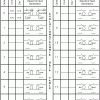
Evolutionstechnik or Selection and Variation in the Egyptian Origami Bird (Avis papyrus)
Source Institutions
In order to examine the random nature of mutations and natural selection, learners "breed" clutches of Egyptian Origami Birds (Avis papyrus) using random number generators (dice and coins) to mutate s
